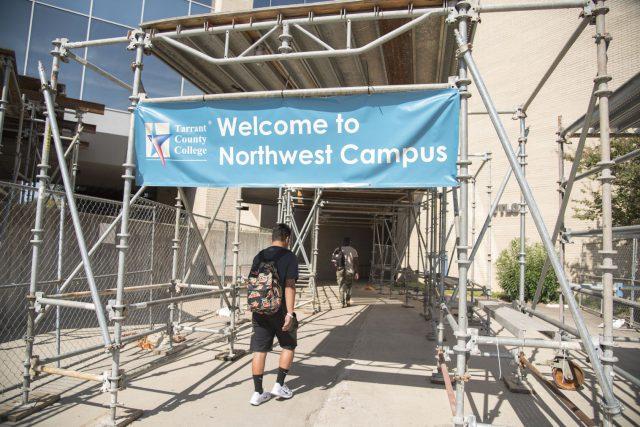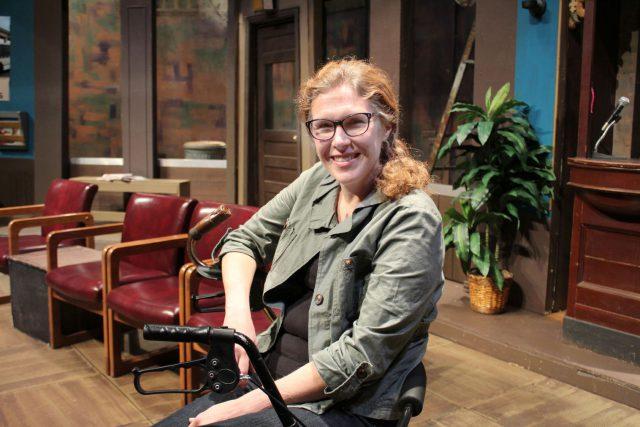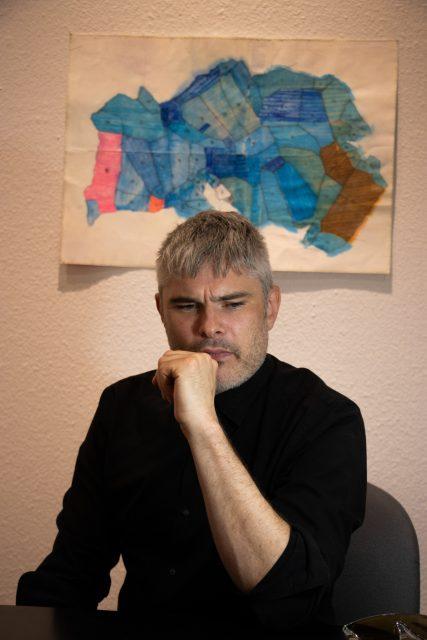By Richard Marmolejo/campus editor
A counselor asked South students Nov. 13 if they were in a race with time or they were here for the journey of life during a presentation on stress and time management.
#TheStruggleIsReal workshop taught students how to prioritize in life while learning skills and techniques to deal with stress.
“This event is a seminar designed by the counseling office as part of a series called ‘personal success workshops,’” South counselor Michele Mastick said. “The intention of the workshops is to help students be more successful in their personal lives with the ultimate goal of helping them also succeed academically.”
A recurring theme throughout the seminar was learning to say no to things to prevent overloading at school, in the workplace and in one’s personal life.
“I work with a lot of students who are on academic probation or academic suspension,” Mastick said. “And I see them struggling to set healthy boundaries and limits [in order to] create a life that is suitable for academic success. They are either too busy or too stressed or pulled in too many directions. I just wanted to put something out there to speak to that concern.”
From time to time, people are known to contribute to their own issues, Mastick said.
This sets off a chain reaction that gets worse if students don’t work to better their situations.
“If you are emotionally drained, you’ll usually feel physically drained,” she said. “And if you’re physically drained, you’ll also feel emotionally drained. So those two go together.”
Mastick explained how the average person lives to be about 78 years old, and she believes that people do something with that time that fulfills them.
“That’s all you’re going to get,” she said. “Stressing and worrying won’t add another year. It won’t add another benefit. The years that you have, you want to be intentional on how you’re spending them.”
During the workshop, Mastick asked students to close their eyes and participate in a breathing exercise that helps calm stress.
“Breathing is very important,” she said. “If you have test anxiety, breathe before you take your test. Don’t rush into your class at the last minute. Try to get there early, and do some breathing [exercises] to prepare yourself.”
Mastick also talked about how social media has pulled on people lately, comparing it to a black hole that students tend to fall into from time to time.
South student Tomorrow Jones said she enjoyed the presentation and was surprised to see its relevancy to her own life.
“The boundaries [is something that] I learned to deal with a lot better in this class,” she said. “It incorporated everything which made it a very resourceful tool.”
South student Sha Evelyn Powell connected with the seminar’s message and liked how the lesson applied to aspects of her life other than school.
“I tend to double up on my load,” Powell said. “And my success here is important to me, so I needed to learn new coping skills. Sometimes we get caught up in the rat race and forget about what’s really important. I appreciated [the workshop] because not only does it speak to our academic successes, but just success, period.”
Mental health is a big concern on college campuses right now, Mastick said.
“We know that mental health issues can negatively impact academic performance,” she said. “And we also know that when people get help for their mental health issues, they tend to do better in school.”
Mastick recommends students who are stressed take the first step and reach out to someone in order to get the appropriate help they may need.
“Just know that you are not alone,” she said. “If those stress symptoms get to be too extreme, the counselors are available to speak with you on a more personal level. We have lots of campus and community resources that we can connect students to if they really are struggling.”





































